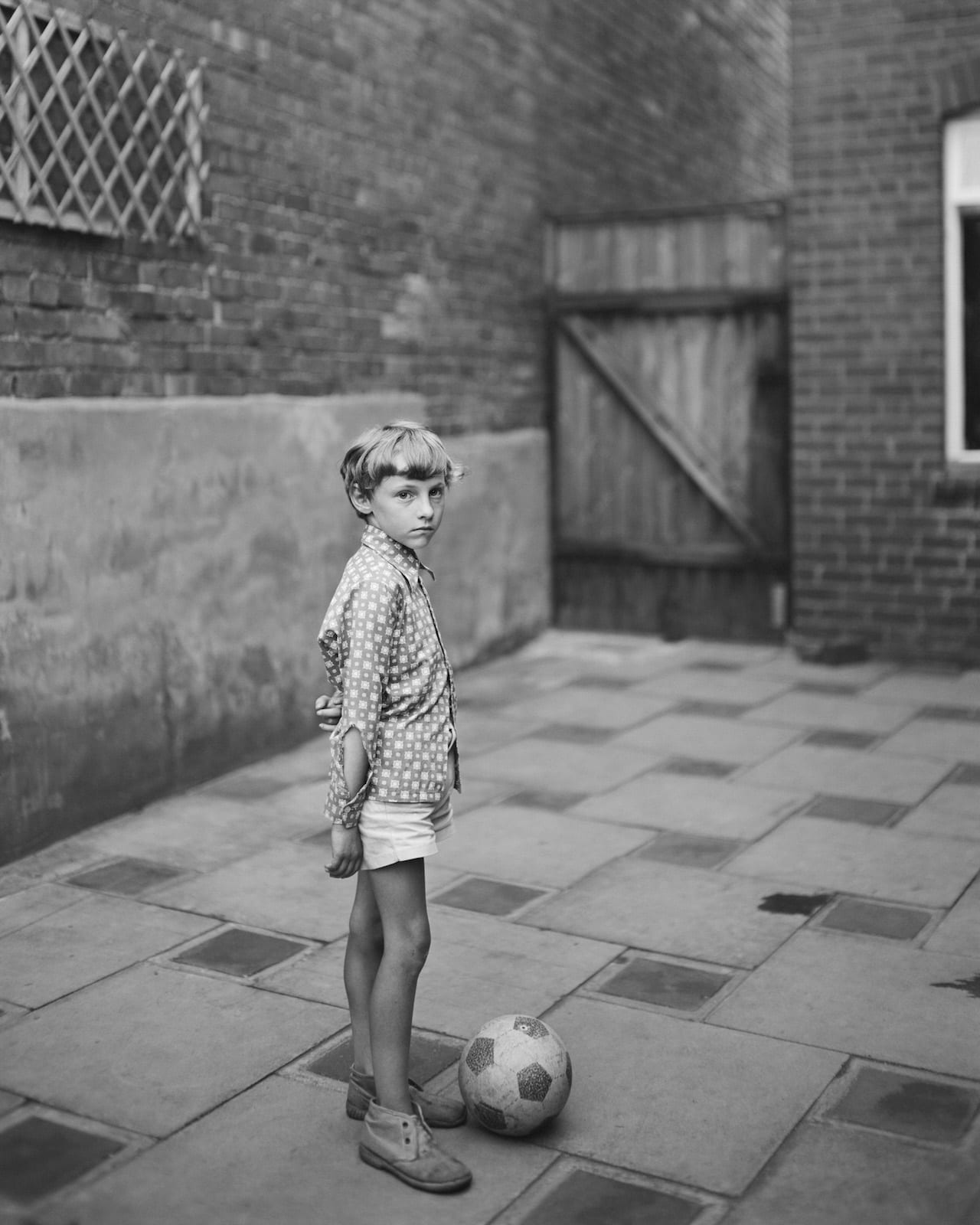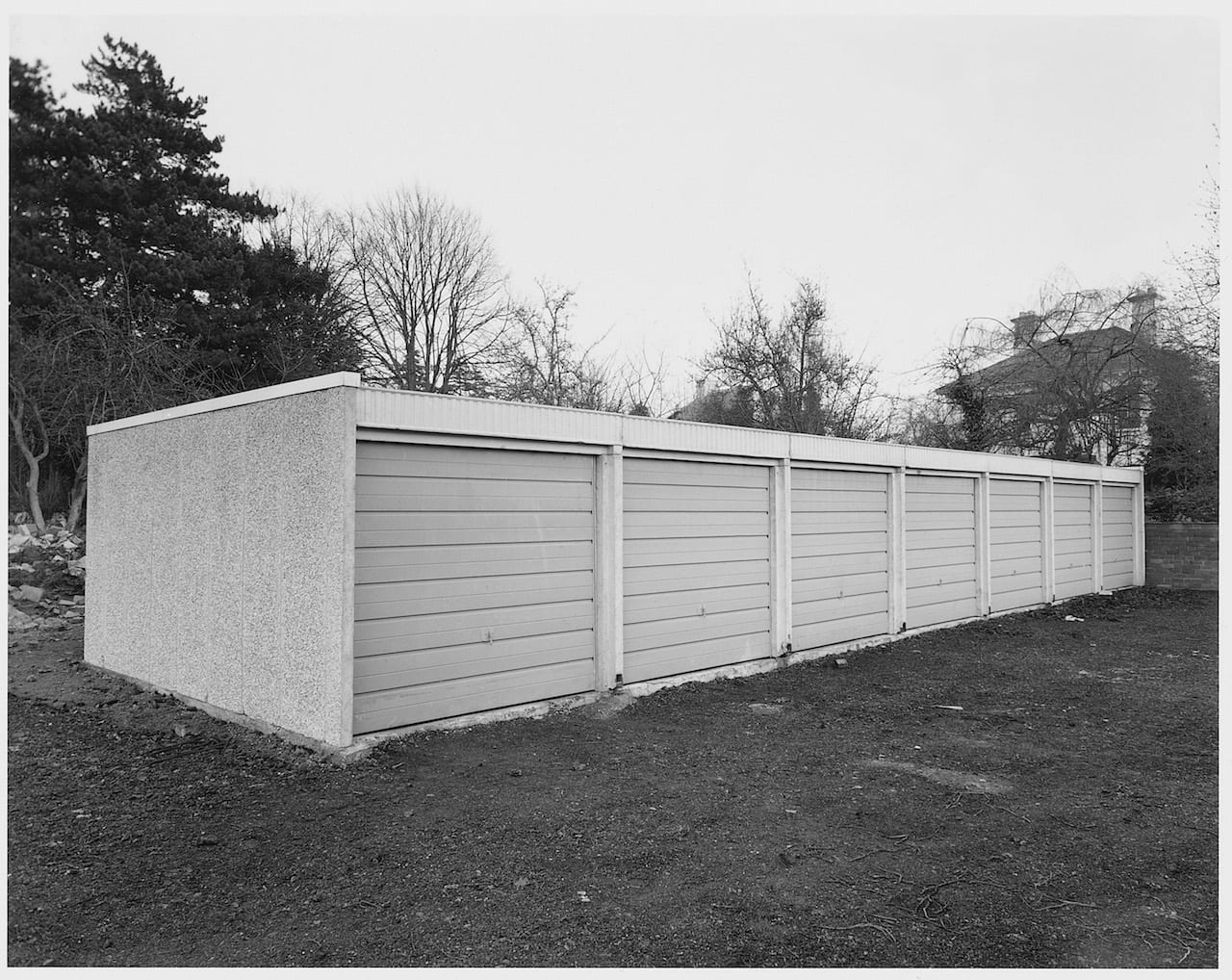“It was a different time to now, it’s hard to remember just how scarce images were,” says John Myers. “Now you can get things on screen, in the early 1970s there was only a smattering of images available. When I give a talk, I often start by handing out a sheet of paper with a list of interests and influences in 1972-75. The names run across just half a side of A4. There aren’t that many on it, and it includes people I was interested in on the basis of one or two images.” But for Myers, this scarcity was part of the allure. After studying Fine Art with Richard Hamilton, he got into photography in 1972 “because I had never done it”; initially only familiar with Bill Brandt and Henri Cartier-Bresson’s work, as photography rapidly gained recognition in Britain he soon had access to much more. “I was so excited to come across people, when photography suddenly started emerging from the shadows and books were being published,” he says. Myers started shooting with a Mamiya but, finding it “odd” to be looking down at his waist, moved to a 5×4 plate camera and soon found his stride.


